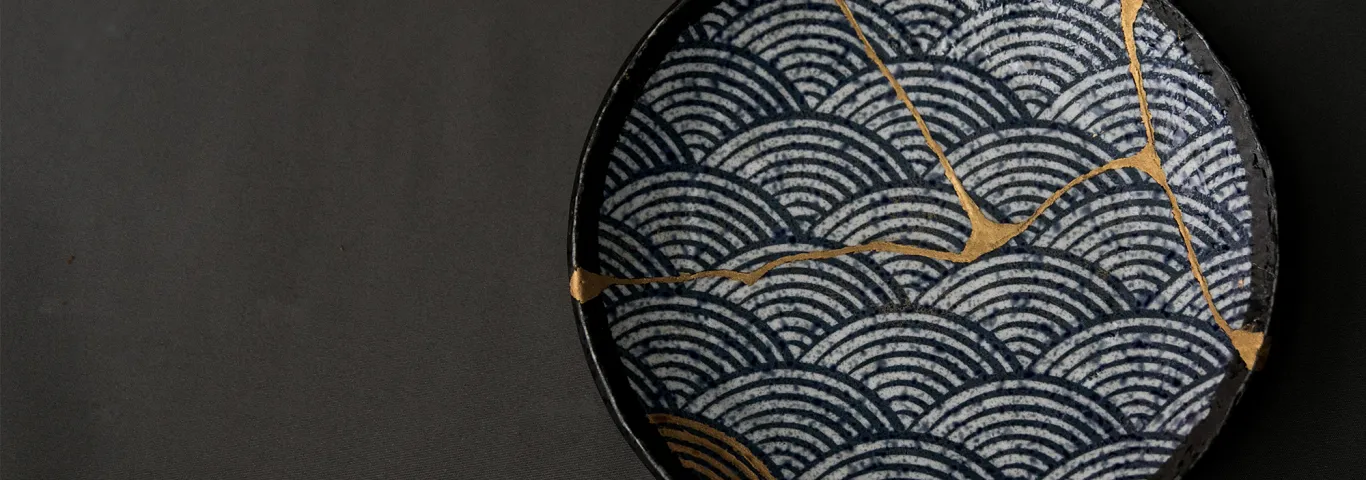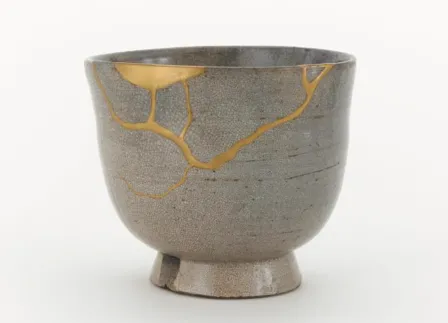
When Washington University and much of the country began stay-at-home orders in March 2020, everything from our daily routines to our best-laid plans were upended. Dealing with the cascading effects on our professional and personal lives left us little time — and even less opportunity — to share our experiences with members of our community. As we look ahead to the anniversary of the pandemic, the humanities center seeks to create a forum, this webpage, to tell one another what the past year has been like for the faculty and staff in our community.
We want to hear from you (attribution optional)!
Tell us, in any area of your life:
- What has been the absolute worst thing about this pandemic?
- Has there been anything unexpectedly positive?
- Care to recount an anecdote?
Read on for contributions from your fellow community members, and click on the link below to share your own account!
Share your piece of the story here.
For those of us teaching and having to take care of our children at the same time, there is no question that the pandemic has created considerable challenges in order to simply 'function,' let alone 'juggle' our various home/work responsibilities. I'll share a related anecdote: teaching a zoom session with 20 plus students online, momentarily losing the internet connection, and having to quickly switch rooms to get a better wifi signal, literally running across the house, still teaching the class, wifi signal suddenly back on, and then having to settle in the kitchen for the rest of the class. Meanwhile, one of my kids is finishing lunch, looking at me not fully understanding all the hassle, or why I'm actually... teaching in the kitchen...
***
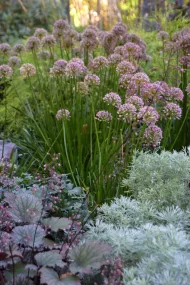
Worst part? It’s either the creeping anxiety that sets in when I’m in a too-long grocery store line or working at home with so many new “colleagues” — though after almost a year, the kids, the spouse and I have worked out a pretty good system for managing quiet vs. noisy times.
The best part is the solace I found in gardening over the summer. I went ALL IN, moving or installing maybe a hundred plants. It kept my hands, my body and my mind very busy. I spent every free moment outside, and even moved my “summer office” to the picnic table on the patio.
— Kathleen Fields
***
What has been the absolute worst thing about this pandemic?
The many thousands of deaths.
The fear and anxiety associated with the spread of virus.
The communication breakdown among groups of people.
Has there been anything unexpectedly positive?
The change in a new norm - working remotely and maintaining a productive, positive working relationship without physically being in one place.
Changes in the routines of the home and family dynamics have been positive.
Appreciating every moment of the day...
Have an anecdote to share?
2010: friends bring wine and appetizers and stay for dinner...
forward 10 years...
2020: friends bring masks and alcohol wipes and we visit outside six feet apart...
***
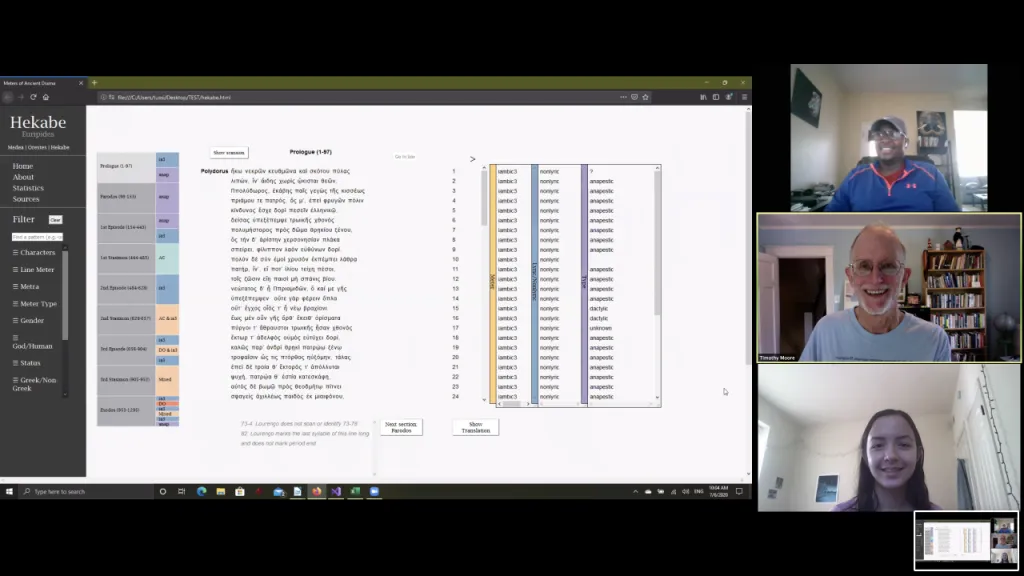
The pandemic brought numerous challenges to humanists like me who are working on collaborative projects. My ongoing work with student assistants and colleagues in WashU’s Humanities Digital Workshop (HDW) to create an online database of the meters of ancient Greek and Roman theater had relied on regular in-person meetings to discuss problems and propose solutions. As we responded to the pandemic we found that, while there is no substitute for the in-person trouble-shooting session, we could be very productive working remotely. My student assistants and I met nearly every day via Zoom during the seven weeks of the HDW’s Summer workshop last summer, and we have continued to meet weekly. One intern and I even delivered a paper on the project remotely at a conference hosted in Bari, Italy (though it meant we had to speak at 4:30 AM our time!). Indeed, remote work has brought some advantages, including the ability to share documents on our computer screens and opportunities for simultaneous work on documents. The ingenuity and flexibility of the staff at the Humanities Digital Workshop and of my excellent student interns have turned what could have been a disaster into a valuable impulse for developing new techniques.
— Tim Moore
***
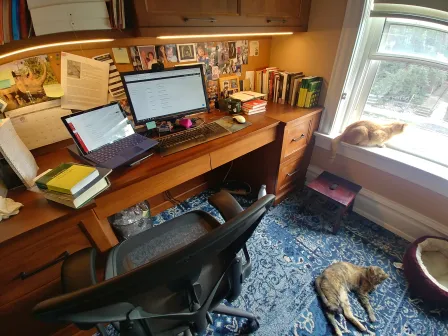
What has been the absolute worst thing about this pandemic?
Besides the fear and sadness? Being separated from people, including my colleagues and students.
Has there been anything unexpectedly positive?
While I painfully miss using the physical library and searching through the books on which I depend, many of them unavailable in other forms, I am in awe of the Olin staff who hunted down and scanned things for me as I struggled to get research done during last spring and summer. I also have new appreciation for the collective project of scholars, over the last few decades, to digitize primary and secondary resources – each individual project represents so much initiative, labor, and optimism. Finally, although like everyone I am tired of Zoom in a general way, I never get tired of seeing the faces of my colleagues and students pop on my screen; a little miracle.
— Cathy Keane
***
The absolute worst thing about this pandemic has been the death toll, but since cris de coeur are an option: I miss being on campus. I miss running into people — students, staff, faculty — on campus. I miss having conversations in the middle of a quad, or while buying a sandwich, or in the series of incredibly slow elevators that dot our campus. I miss detouring around any of the series of student events, games, and/or protests that seem to spring up when there’s nice weather. I even miss the little encounters between strangers that make up a normal semester: it seems as if there’s always one student on a striking unicycle/hoverboard/scooter who I wind up passing every Tuesday and Thursday as I rush to my classroom, never actually speaking to them, but always wondering what their story is. So I guess what I miss most is not the campus itself, but the sense of community that animates a campus, which is really, really difficult to convey over Zoom.
... I don’t miss campus parking even a little bit.
***
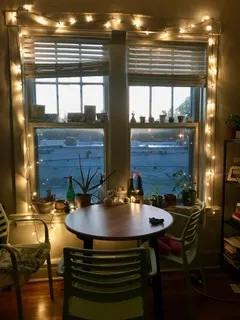
Has there been anything unexpectedly positive?
Having work and home occupy the same physical space (politely) forced me to contemplate and shape a positive routine of work-life balance for myself. I learned to have flexibility and patience with myself. The slow mornings free of a morning commute: plentiful time to run, practice yoga, meditate, and savor breakfast and coffee. The realization that it's okay to not be laser-focused every minute between 9AM-5PM: we aren't meant to work between those hours and live in the others. It's all living and the pandemic taught me to face that fact.
Have an anecdote to share?
I had been training for the St. Louis Marathon last March, but when it was cancelled, my friends and I decided to still run our own marathon on Katy Trail. In the week after, we had nothing better to do than to pursue (and complete!) a bucket list goal of 100 miles run in one week. The pandemic can control a lot of things in our lives, but there will always be ways to safely and healthily find joy and strength.
— Mattie Gottbrath
***

What has been the absolute worst thing about this pandemic?
Besides uncertainty and so much sickness and death.......? Almost never being in the same space with other three-dimensional human beings. I think that has been hard on everyone. And it is not just about missing family, friends, students, colleagues.... it’s also missing those simple daily casual encounters... on a walk, at a coffee shop.
Has there been anything unexpectedly positive?
Not much has been positive. I am a lap swimmer and have found a way to do that safely and am swimming longer and faster than I have since high school (and that was decades ago!). I guess, too, that the global reach of Zoom has meant that I can connect with friends and colleagues across the globe in ways that were unimaginable a year ago. I “attended” a wonderful book launch in Kampala. Another in Cape Town. A seminar in Leiden. Sunrises have also become an indispensable part of my daily routine.
— Jean
***
Has there been anything unexpectedly positive?
Instead of grabbing food on the go or split dinner times to accommodate after school activities, my family now sits down around the dinner table together every night.
